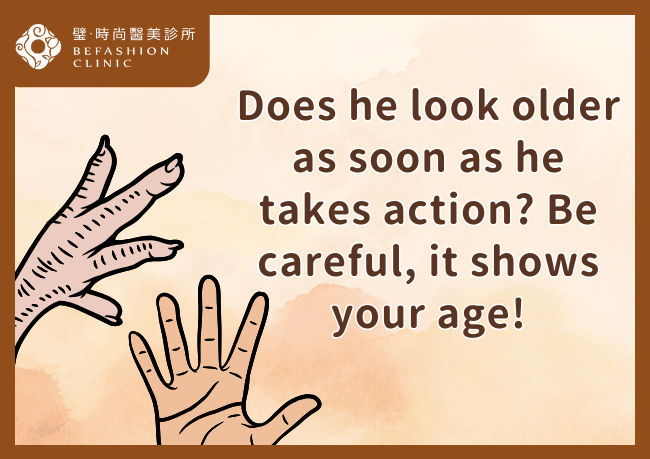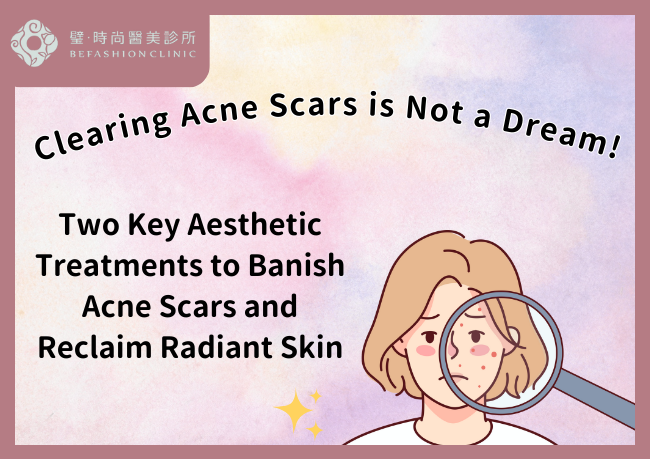What to Do About Collagen Loss?
What to Do About Collagen Loss? Causes, Symptoms, and How to Supplement It
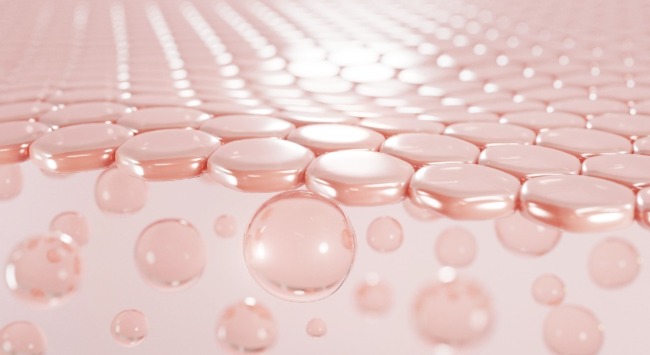
Collagen Loss Alert!
What is Collagen? The Importance of Collagen for the Skin
Collagen is a crucial protein in the human body, primarily found in the skin, bones, muscles, tendons, and cartilage. In the skin, collagen plays a key role in supporting and connecting tissues, helping to maintain the skin's structure and elasticity. It can be likened to a spring-like protein, helping the skin look plump, firm, and youthful. As we age, the production of collagen gradually decreases, leading to a loss of skin elasticity and the appearance of wrinkles and sagging.
What Causes Collagen Loss?
-
Aging: As we age, the production of collagen in the body slows down, while the breakdown of collagen may increase, leading to a gradual reduction in collagen content.
- Sun Exposure and UV Radiation: Excessive sun exposure leads to the degradation of collagen in skin cells, reducing skin elasticity and firmness.
- Unhealthy Diet: An unbalanced diet lacking essential nutrients, such as Vitamin C, protein, and zinc, can affect collagen production and repair.
- Stress and Poor Stress Management: Chronic stress causes the body to release stress hormones, which may impact collagen production and synthesis.
- Smoking and Excessive Alcohol Consumption: Both smoking and excessive alcohol consumption harm skin health, affecting the normal processes of collagen production and breakdown.
- Genetic Factors: A person’s genetic makeup can influence the speed and quality of collagen production.
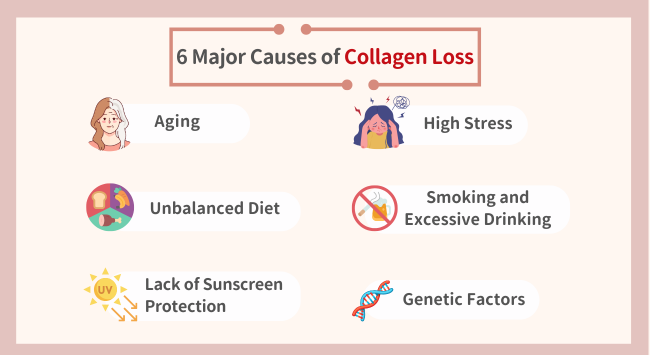
What Are the Symptoms of Collagen Loss?
Collagen loss can lead to several common symptoms and changes in the skin, including:
- Increased Wrinkles and Skin Sagging: The decline in collagen causes a decrease in skin elasticity, making wrinkles and fine lines more prominent, especially on the face, forehead, and around the eyes. Without sufficient collagen support, the skin loses its firmness, leading to sagging, particularly on the face, neck, and hands.
- Dry Skin and Decreased Elasticity: Collagen loss can affect the skin's ability to retain moisture, making it more prone to dryness and dehydration. Skin elasticity significantly decreases, and it becomes less able to bounce back to its original shape and state.
- Increased Susceptibility to Injury: As the skin structure weakens, it becomes more vulnerable to external irritants, leading to damage or inflammation, such as joint inflammation.
- Skin Pigmentation Changes: After collagen loss, the skin may develop uneven pigmentation, such as spots or discoloration.
These symptoms typically worsen with age and the degree of collagen loss. Maintaining healthy lifestyle habits and proper skincare can help slow down the rate of these skin changes.
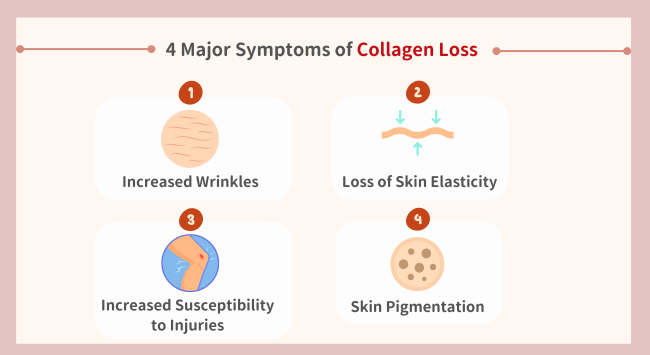
How to Restore Collagen Loss? 2 Tips for Effectively Supplementing Collagen
If you've started noticing visible wrinkles, sagging, or decreased skin elasticity, this could be a warning sign of collagen loss. In such cases, adjusting your diet, using appropriate skincare, and supplementing when necessary can help alleviate and repair the damage.
- Foods to Supplement Collagen
- Animal-based Foods: Chicken, beef, and salmon are rich in essential proteins and fatty acids, which help support collagen production in the body.
- Legumes and Their Products: Tofu, soybeans, and soy milk are great vegetarian options that provide important proteins to support collagen synthesis.
- Sulfur-rich Foods: Onions, garlic, and leeks contain sulfur, which promotes collagen synthesis and tissue repair.
- Vitamin C-rich Foods: Oranges, citrus fruits, and strawberries provide vitamin C, which helps stimulate collagen production and maintain healthy skin.
By including these foods in your diet, you can effectively support the body’s collagen production and tissue repair.
- Aesthetic Treatments: Hyaluronic Acid Injections, Collagen Stimulants, and PLT Cryo Treatment
In addition to supplementing collagen through diet, many people seek professional treatments to improve their skin condition. Below are some popular clinical methods for collagen supplementation:
1. Hyaluronic Acid Injections
Hyaluronic acid injections are widely used to improve skin fullness and hydration. This natural polysaccharide stimulates collagen production in the skin, effectively enhancing elasticity and structure. Expert injectors at clinics like Bismay use products such as HYADERMIS and ANIMERS to ensure natural and long-lasting results.
2. Collagen Stimulants
Bismay Clinic uses "Cureti" collagen stimulants, a new development from Taiwan's Koyan, for longer-lasting effects and more noticeable collagen regeneration. This treatment enhances the skin's structure and elasticity from the inside, achieving significant cosmetic results. Proper dosage and injection locations are crucial to ensure the best treatment outcomes.
3. PLT Cryo Treatment
Bismay Clinic is the only clinic in Taiwan equipped with a PLT Laboratory, ensuring product stability and efficiency. The PLT Cryo Treatment overcomes the limitations of traditional PRP therapy, using advanced technology to ensure each ampoule contains one billion platelets. With a longer shelf life and the ability to treat multiple times with a single blood draw, this non-invasive treatment effectively reduces wrinkles, tightens skin, and results in a smoother, more youthful appearance.
Choosing a trusted aesthetic clinic is essential. Befashion Clinic boasts a professional medical team and advanced technology, tailoring treatments to individual needs and skin conditions. Whether you choose hyaluronic acid injections, collagen stimulants, or PLT Cryo treatment, these collagen supplementation methods will help you restore youthful radiance and showcase healthier, younger-looking skin.


 HOME
HOME
